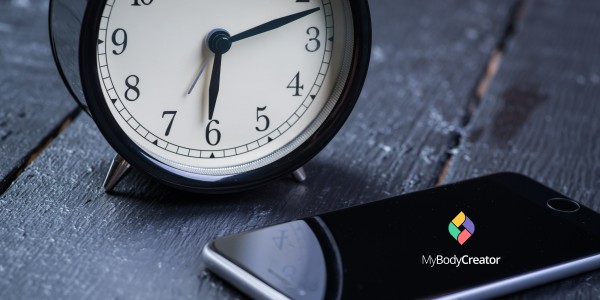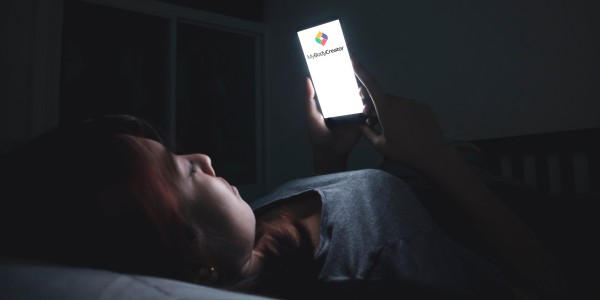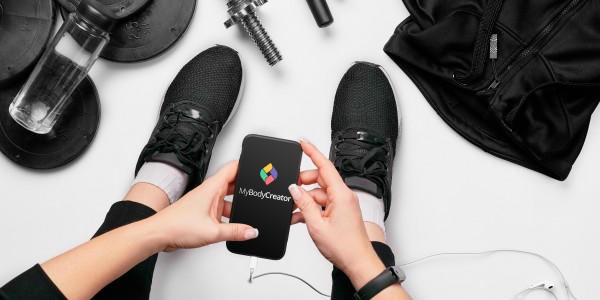Fatty diets = daytime sleepiness and poor sleep at night
Researchers at the University of Adelaide have found that men who consume high-fat foods are more likely to feel sleepy during the day and report sleeping problems at night and also more likely to suffer from sleep apnea.
This is the result of a study investigating the link between high fat diets and sleep. The results for a period of 12 months are published in the journal Nutrients and are based on data from more than 1 800 men aged between 35 and 80 years, including their eating habits.
"After adjusting for other demographic and lifestyle factors, and chronic diseases, we found that those who consumed the highest fat intake were more likely to experience excessive daytime sleepiness," says study author and University of Adelaide PhD student Yingting Cao. "This has significant implications for alertness and concentration, which would be of particular concern to workers. High fat intake was also strongly associated with sleep apnea."
41% of the men surveyed reported having daytime sleepiness, while 47% complained of poor sleep quality at night.
"Poor sleep and feeling sleepy during the day means you have less energy, but this in turn is known to increase people's cravings for high-fat, high-carbohydrate foods, which is then associated with poor sleep outcomes. So the poor diet-and-sleep pattern can become a vicious cycle."
"The simple message is a commonsense one, but we need more people to pay attention to it: we need to eat better; a good sleep the night before is best."
Sleep quality is often not considered in studies examining the effects of different weight loss diets.
"We hope our work could help to inform future intervention studies, enabling people to achieve healthy weight loss while also improving their quality of sleep," Ms. Cao says.
My Body Creator defines the exact nutritional intake and its timing as well as the minimum and maximum amount of sleep according to the desired goal and the provided data when creating individual nutrition and training programs. Complying with those recommendations is a crucial factor for achieving optimal results.
Journal Reference:
Yingting Cao, Gary Wittert, Anne Taylor, Robert Adams, Zumin Shi. Associations between Macronutrient Intake and Obstructive Sleep Apnoea as Well as Self-Reported Sleep Symptoms: Results from a Cohort of Community Dwelling Australian Men. Nutrients, 2016; 8 (4): 207 DOI: 10.3390/nu8040207


 Bulgarian
Bulgarian 


